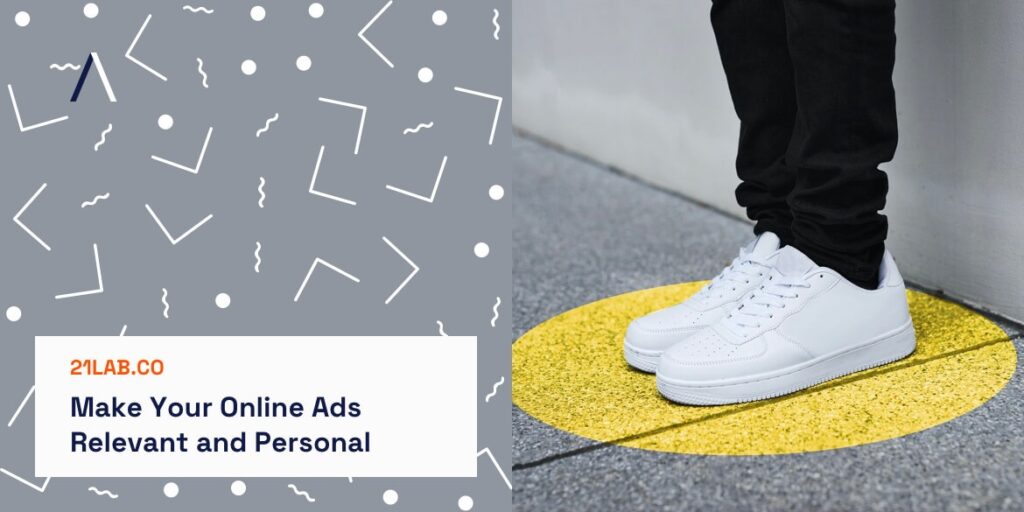Advertising could really be much more than an evil. Online ads can be useful when they are relevant, which suggests contextualization and personalization.
Brand use contextual targeting to attract users and place them at the heart of their marketing – be it through display targeting, or promoting certain pieces of content or products on their website based on previous visits. The wider issue is – this is not something you set up once, tick the box and you are done.
Achieving that authentic personal touch should include the following considerations:
1. Combine multiple data sources
You may have seen the BBC’s Sherlock. It is impressive how much impression you can get about Sherlock just by looking at him.
Something similar can be done online as well through Google targeting tools. You can also combine multiple ‘clues’ about your audience to build up a better picture of them which is the key to accurate targeting.
You will find most of this from your analytics, your CRM (Customer relationship management) database, your social networks.
2. Allow feedback, and learn from it
People’s circumstances change – those in market today are not necessarily looking for the same product tomorrow. You need to adapt. Good advertisers will recognize this and change their approach to online ads. In addition they will engage with customers to understand how best they want to be communicated with.
3. Build an experience around your audience
Blanket retargeting everyone who ever looked at that new sofa product page you created will get you some conversions, sure.
But you’ll also have annoyed a lot of people, who for whatever reason just didn’t want to buy that sofa. Be more nuanced – develop separate, personalized strategies depending on the type of people you’d like to engage with.
4. ‘Offsite’ and ‘onsite’ do not live in separate bubbles
You can spend millions crafting a beautifully personalized experience around your audience on your website. However if your ‘offsite’ acquisition strategy is based around pushing forward poorly targeted advertising then the best you can hope for is your site experience being able to compensate for a poor journey on the way there.
A contextual, personal touch in guiding the way is as important as the experience once you arrive. The content you expose to people to on their route to your website plays a defining role in the conversion you achieve on their exit. You only have to look at the rise of ad-blocking software to know just how far off the mark ads can be these days.
Following someone across the internet for weeks with banners promoting a sofa they may have considered purchasing is the online equivalent of employing someone to continually chase a customer with a ‘Buy this Sofa!’ placard. You wouldn’t do that in real life so why do it online?
Source: https://dms.am/


